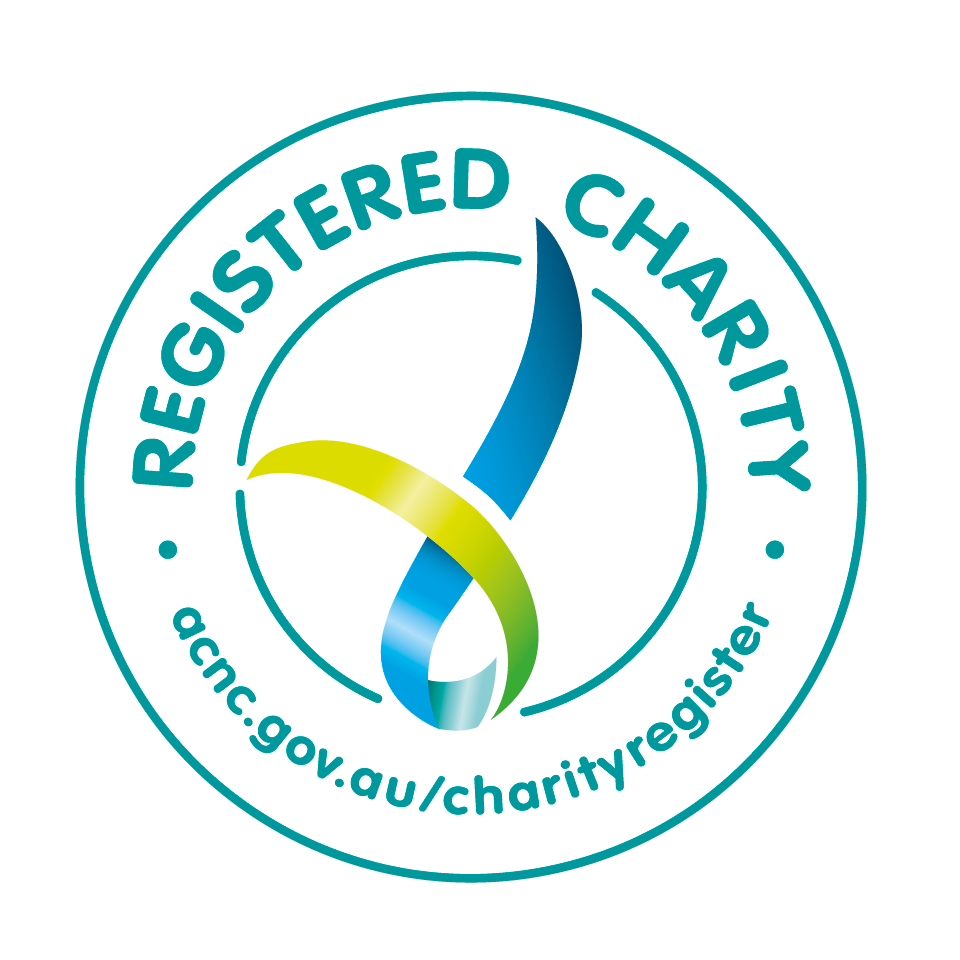REPORTABLE CONDUCT
There are currently three jurisdictions in Australia that operate Reportable Conduct Schemes:
Victoria
New South Wales
Australian Capital Territory
Reportable conduct includes sexual offences, sexual misconduct, neglect, ill-treatment, emotional harm, and physical assault of a child by a worker.
These are schemes whereby the government has scrutiny over the internal organisational investigation processes into allegations against those who work with children and young people. The operators of the scheme also have scrutiny over organisations’ systems to prevent, detect and respond to reportable conduct.
The focus of the scheme is to ensure thorough investigation of all complaints against those who work with children. In all three jurisdictions adverse findings of reportable conduct can impact upon a person’s Working with Children Check or, in the ACT, Working with Vulnerable Persons Check.
There are strict reporting requirements for the organisation before, during and at the completion of the investigation process.
For more information click on these link:
VIC – COMMISSION FOR CHILDREN AND YOUNG PEOPLE
NSW – OFFICE OF THE CHILDRENS GAURDIAN
ACT – OMBUDSMAN





